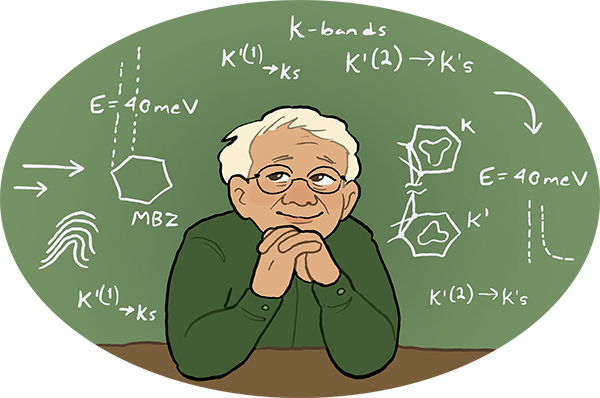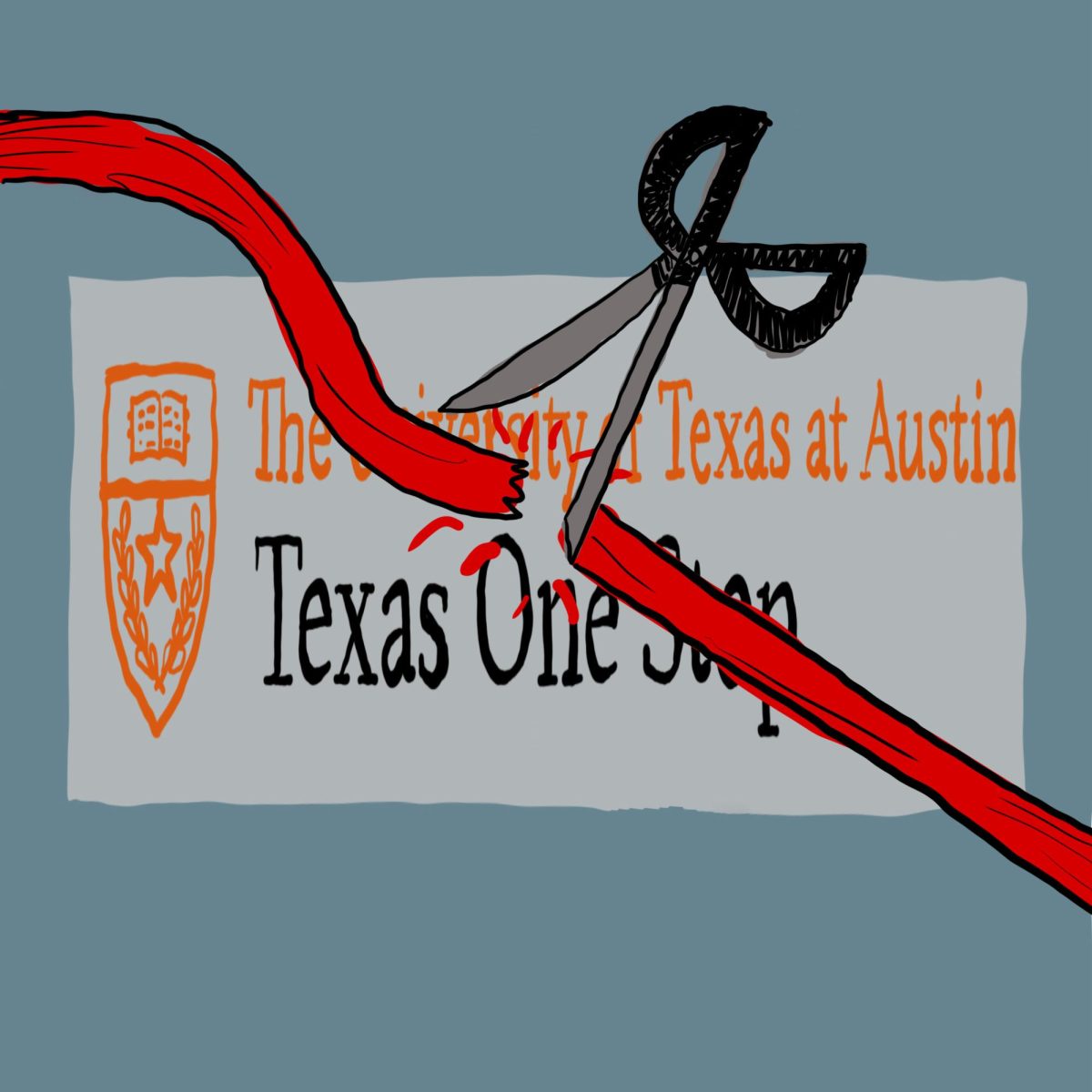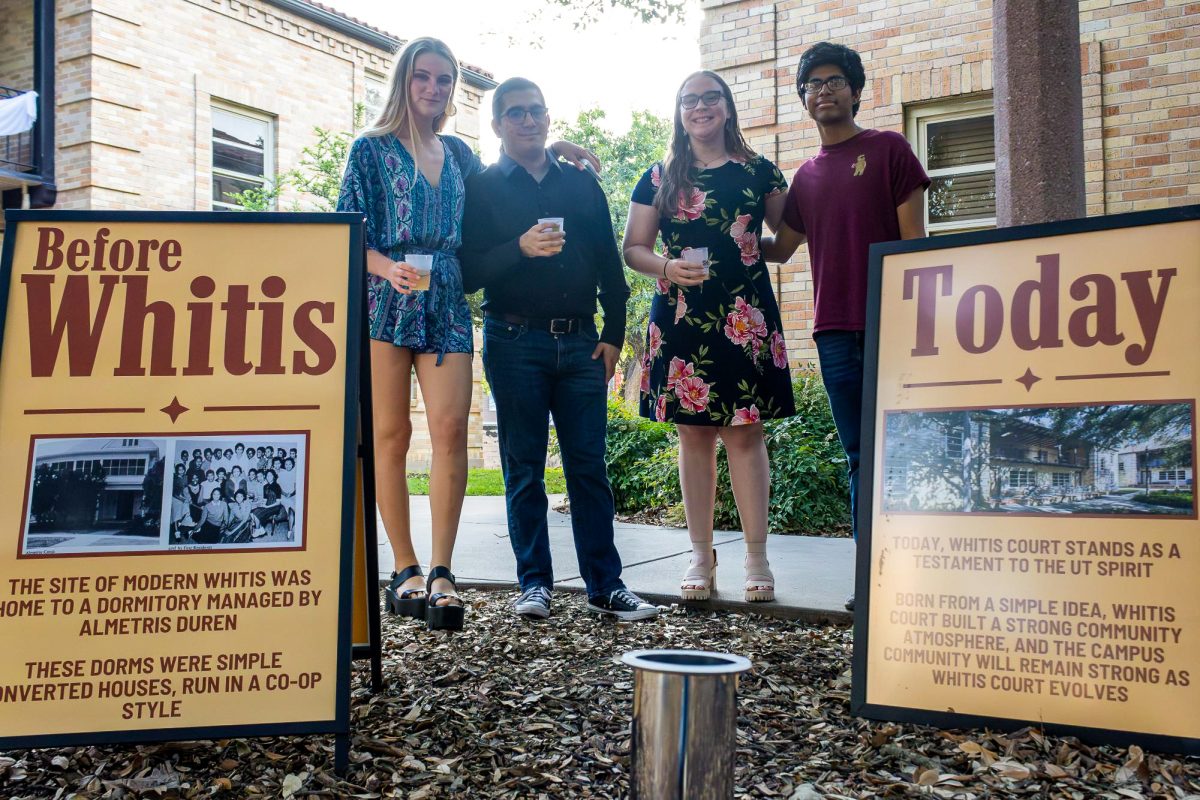UT professor Allan MacDonald won the Wolf Prize in Physics for his theoretical and experimental work on the field of study twistronics, on Jan. 13. This work, which changes the electronic properties of materials by twisting atomic layers, has the potential to impact the evolution of technology, MacDonald said.
The Wolf Foundation awards the prize to artists and scientists who produce work “in the interest of mankind and friendly relations among peoples,” according to the foundation’s website. MacDonald is the fourth UT professor to win the prize, and the first to win in the field of physics.
“I was surprised by the phone call,” MacDonald said. “I was actually sitting in the study area near the Starbucks in The Texas Union, which is one of my hiding places when I want to get some work done … and that news was quite a surprise.”
MacDonald shares the award with two other recipients, Pablo Jarillo-Herrero, a physics professor at Massachusetts Institute of Technology, and Rafi Bistritzer, who works at Applied Materials in Israel.
Twistronics can control the electronic properties of certain types of materials when a one-atom-thick layer of material is placed on top of another atom-thick layer and twisted at a certain angle, Macdonald said. He said when this happens, special electronic properties can be observed.
“I’m a theorist, but what (interests me) is understanding unexplained behaviors in materials and predicting new types of behavior of materials that nobody’s ever seen before,” MacDonald said.
In 2011, MacDonald used quantum mathematics and computer modeling to predict what would happen when two single-atom-thick layers of graphene, a kind of carbon, were stacked on top of each other, according to a University press release. When twisted at a “magic angle” of 1.1 degrees, the graphene layers resemble a honeycomb-like structure, and the electrons move 100 times more slowly.
When electrons slow down, special properties such as magnetism and superconductivity emerge, said Emanuel Tutuc, physics and electrical and computer engineering professor. Tutuc has collaborated with MacDonald on twistronics research.
These properties are special because the individual layers of graphene are not metallic, but when they are twisted at the “magic angle,” Tutuc said they exhibit properties characteristic of superconducting metals.
“What Allan’s work showed is that we can actually use twisted bilayer graphene as a toy model and interrogate the system experimentally rather than guessing theoretically how the electrons will behave,” Tutuc said.
MacDonald said although the direct applications of this work are uncertain, this research could impact the future of energy, computing and communications technologies.
Physics department chair Jack Ritchie said he was pleased when he learned MacDonald won the prize.
“I’ve always found Allan MacDonald to be a very constructive and helpful colleague,” Ritchie said. “So I think he’s not only a great physicist is also a very good person. He’s a positive contributor to our department.”
Ritchie said MacDonald is recognized as a pioneer in the field of condensed matter physics and has successfully developed computational methods for understanding material properties.
“It really was not surprising to me that he should win the prize,” Ritchie said. “I certainly think it’s very well deserved.”





















